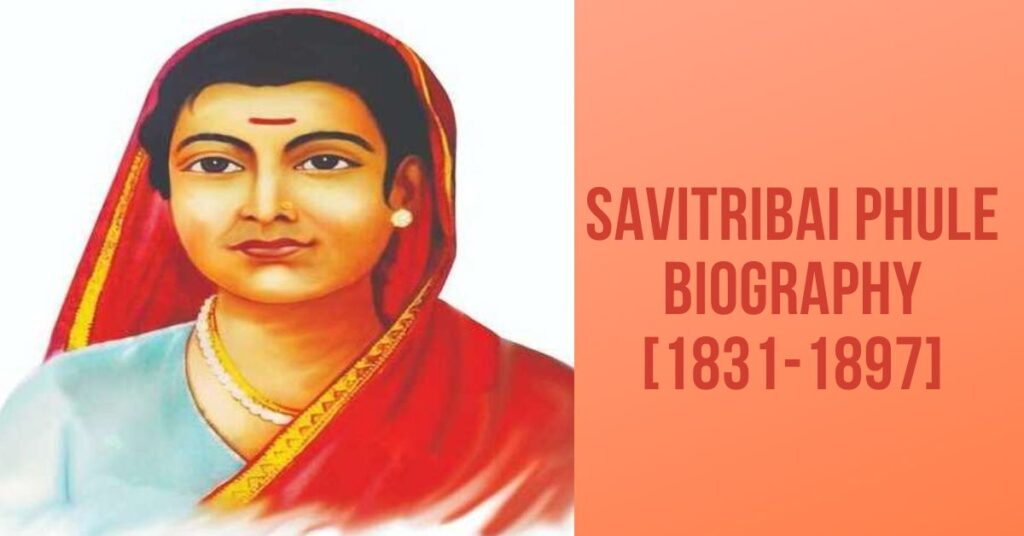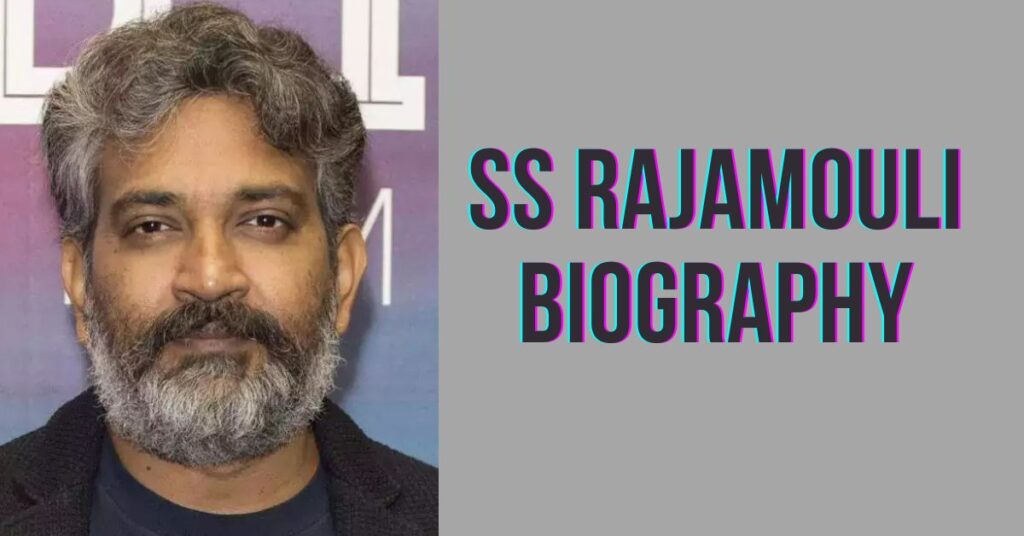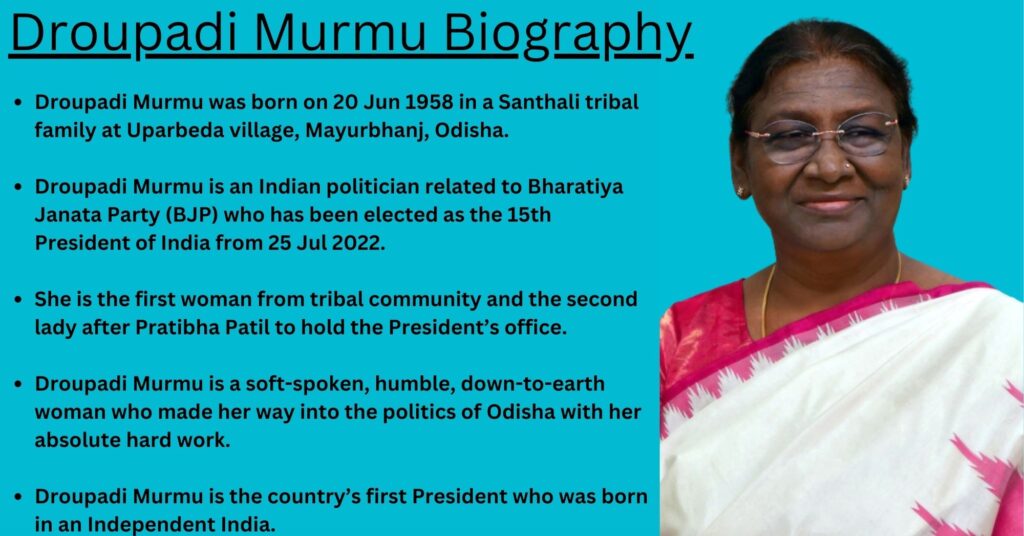Introduction : Who was Savitribai Phule
Savitribai Phule was a pioneering social reformer, educationist, and poet who played a significant role in the women’s empowerment movement in India during the 19th century. She was born on January 3, 1831, in Maharashtra, India and was married to Jyotirao Phule, another prominent social reformer. Despite facing discrimination and hardships throughout her life, Savitribai Phule dedicated her life to fighting for the rights of marginalized communities, especially women and Dalits, and worked tirelessly to promote education and social equality. Her contributions to the Indian society have been widely acknowledged, and she continues to be an inspiration to many even today.

Savitribai Phule Biography Overview
| Name | Savitribai Phule |
| Nationality | Indian |
| Date of Birth | January 3, 1831 |
| Birth Place | Naigaon in Satara district of Maharashtra, India. |
| Husband’s Name | Jyotirao Phule |
| Religion | Hindu |
| Father’s Name | Khandoji Nevase Patil |
| Mother’s Name | Lakshmi Khandoji Patil |
| Children’s Name | Adopted a son named Yashwantrao Phule |
| Movement | Social Reform Movement and Women Education & Empowerment, |
| Death | March 10, 1897 |
Savitribai Phule Early Life
Savitribai Phule was born on January 3, 1831, in a small village called Naigaon in Satara district of Maharashtra, India. She was born into a family of farmers and was one of nine children. Savitribai did not have access to formal education in her early years, as education was not considered essential for girls in those days.
However, Savitribai was keen on learning and managed to acquire basic reading and writing skills with the help of her maternal aunt. She was also interested in poetry and started writing at a young age. In 1840, at the age of nine, Savitribai was married to Jyotirao Phule, who was 13 years older than her and belonged to a family of farmers who were considered low-caste.
Savitribai’s marriage to Jyotirao Phule was a turning point in her life, as he was a progressive thinker who believed in the importance of education for all, regardless of caste or gender. Jyotirao Phule encouraged Savitribai to continue her education and helped her to enroll in a school run by Christian missionaries, where she learned to read and write in Marathi and English. This was a significant achievement for Savitribai, as she became one of the first women in Maharashtra to receive formal education.
Savitribai Phule Family Details
Savitribai Phule was born on January 3, 1831, in a small village called Naigaon in Satara district of Maharashtra, India. She was born into a family of farmers and was one of nine children. Savitribai’s father’s name was Khandoji Nevase Patil, and her mother’s name was Lakshmi.
In 1840, at the age of nine, Savitribai was married to Jyotirao Phule, who was 13 years older than her and belonged to a family of farmers who were considered low-caste. Jyotirao Phule was a social reformer and activist who worked to abolish the caste system and promote education for all.
Savitribai and Jyotirao did not have any children of their own, but they adopted a son named Yashwantrao. Despite facing many challenges and opposition from society, they remained committed to their ideals and worked tirelessly to bring about social change. Their contributions to education and women’s empowerment have been widely recognized in India, and they continue to inspire people to this day.
Savitribai Phule Career Details
- Savitribai Phule’s career was centered around education and social reform. She recognized the importance of education for women and worked tirelessly to promote it. In 1848, she and her husband, Jyotirao Phule, started the first school for girls in Pune, which was a bold step in a society where education for women was not encouraged. Savitribai herself taught in the school and worked tirelessly to provide education to girls from all castes and communities.
- Apart from the school, Savitribai also set up a care center for pregnant women who were not allowed to go to hospitals. She learned midwifery and provided medical care to women who were often neglected by the medical establishment. She also played an active role in the Satyashodhak Samaj, a social reform organization founded by Jyotirao Phule.
- Savitribai and Jyotirao faced many challenges in their work, including opposition from conservative elements in society who were against educating girls and promoting social equality. However, they persevered and continued to work towards their ideals.
- Savitribai’s contributions to education and social reform have been widely recognized in India. The Government of Maharashtra has named an award after her, the Savitribai Phule Award, which is given to women who have made significant contributions in the fields of education and social work. Her legacy continues to inspire people to this day.
- Savitribai Phule was not only a teacher but also a writer, poet, and social activist. She wrote many poems that highlighted the struggles of women and marginalized communities. She used her writings to spread awareness about the need for social equality and the importance of education.
- In addition to her work in education and social reform, Savitribai also played a crucial role in the fight against the practice of sati, where widows were forced to immolate themselves on their husband’s funeral pyres. She was an active member of the Satyashodhak Samaj and worked alongside her husband to fight against these oppressive practices.
- Despite facing many challenges and obstacles in her life, Savitribai remained committed to her ideals and worked tirelessly for the betterment of society. Savitribai Phule’s contributions to education, women’s empowerment, and social reform remain a source of inspiration for people across the globe. Her legacy endures as a symbol of courage, determination, and resilience, and her impact continues to inspire generations.
Savitribai Phule Role in Women Education & Empowerment
Savitribai Phule played a pivotal role in the education and empowerment of women in India. She recognized the importance of education for women and girls at a time when it was not encouraged and worked tirelessly to promote it. She was a strong advocate for the education of women and believed that it was the key to their empowerment.
Savitribai, along with her husband Jyotirao Phule, set up the first school for girls in Pune, India, in 1848. The school was open to girls from all castes and communities, and its aim was to provide education to those who had been denied it. Savitribai faced many challenges and opposition from conservative sections of society, who believed that education was not necessary for women.
Savitribai also played a significant role in the empowerment of women in India. She recognized the oppression faced by women and worked towards their liberation. Savitribai Phule’s writings and speeches drew attention to the struggles faced by women and proved to be a catalyst for the women’s empowerment movement in India.
Savitribai Phule’s contributions to women’s education and empowerment have been widely recognized in India. Even today, Savitribai Phule is remembered as an embodiment of courage, determination, and resilience. Her remarkable legacy serves as an inspiration for people not just in India, but across the globe.
Books and Poems Written by Savitribai Phule
Savitribai Phule, along with her husband Jyotirao Phule, wrote several books and pamphlets in Marathi language. Some of her notable works include:
- Kavya Phule (a collection of poems)
- Bavan Kashi Subodh Ratnakar (a commentary on a popular Marathi grammar book)
- Anartha Dandekar (a satirical play)
- Go Vidya (a pamphlet on the importance of education)
- Shiksha-Dini (a primer on education for young children)
- Balika Shiksha (a book on girls’ education)
- Krumiparyatan (a book on the life cycle of insects)
These works reflect her strong commitment to education and social reform, and her belief in the power of literature and language to bring about change in society.
Savitribai Phule Death : How did Savitribai Phule Died
Savitribai Phule passed away on March 10, 1897, at the age of 66. She died of the bubonic plague, which was a widespread epidemic at that time. Her death was a great loss to the social reform movement in India, as she had been an active and dedicated advocate for education and women’s empowerment.
Savitribai’s death was mourned by many people, and her contributions to society were widely recognized. Savitribai Phule’s indelible mark on Indian history has been felt even to this day. Her tireless work in education and social reform has left an everlasting impact that inspires many. Her life stands as a testament to the power of education and the need for social equality. She is remembered as a symbol of courage, resilience, and determination, whose legacy will continue to guide and inspire generations to come.
Legacy of Savitribai Phule
Savitribai Phule’s legacy is one of education, women’s empowerment, and social reform. At a time when the education of women and girls was discouraged, Savitribai Phule recognized its significance and made tireless efforts to promote it. In Pune, India, Savitribai Phule established the first school for girls and played a crucial role in imparting education to girls from diverse castes and communities.
Savitribai’s work also had a significant impact on the fight for social equality in India. She recognized the oppression faced by marginalized communities and worked alongside her husband, Jyotirao Phule, to fight against oppressive practices such as the caste system and sati. Her writings and speeches brought attention to the plight of women and marginalized communities and helped to galvanize the social reform movement in India.
Savitribai’s contributions to education and social reform have been widely recognized in India. The Government of Maharashtra has named an award after her, the Savitribai Phule Award, which is given to women who have made significant contributions in the fields of education and social work. Her legacy continues to inspire people in India and around the world, and her life serves as a reminder of the power of education, social reform, and the fight for social equality.
FAQ
Q. When was Savitribai Phule Born
A. Savitribai Phule was born on January 3, 1831, in a small village called Naigaon in Satara district of Maharashtra, India.
Q. When did Savitribai Phule Died
A. Savitribai Phule passed away on March 10, 1897, at the age of 66.
Q. How did Savitribai Phule Died
A. She died of the bubonic plague, which was a widespread epidemic at that time.
Q. What did Savitribai Phule Learn from her husband
A. Her husband Jyotirao Phule encouraged Savitribai to continue her education and helped her to enroll in a school run by Christian missionaries, where she learned to read and write in Marathi and English.
Q. When is Savitribai Phule Jayanti
A. Savitribai Phule Jayanti is celebrated on January 3 every year in honor of her birth anniversary.
Q. At what age did Savitribai Phule get married
A. Savitribai Phule got married at the age of nine (9) to Jyotirao Phule, who was 12 years old at the time.
Q. What is the slogan of Savitribai Phule
A. Her famous quote, “I shall educate my countrymen; I shall elevate the downtrodden women of India; I shall work for the enlightenment of the masses,”







